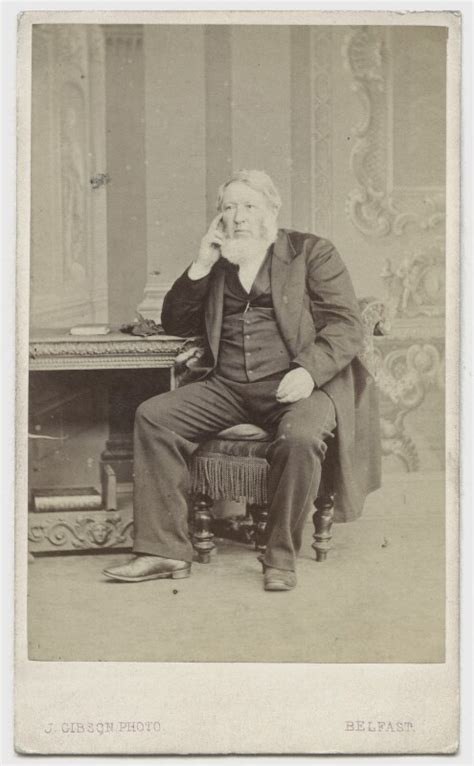A Quote by Thomas Aquinas
It [covetousness] is a sin against God, just as all mortal sins, in as much as man condemns things eternal for the sake of temporal things.
Quote Topics
Related Quotes
I once heard a spiritual man say that he was not so much astonished at the things done by a soul in mortal sin as at the things not done by it. May God, in his mercy, deliver us from such great evil, for there is nothing in the whole of our lives that so thoroughly deserves to be called evil as this, since it brings endless and eternal evils in its train.
God has decided the rules of life, whereby you don't trespass on anybody else's rights, and sin is something that upsets the balance of things. There are three types of sin: sin against yourself; sin against other people; and sin against God. People often sin against themselves and others and misbehave with God, too.
If you are penitent, you love. And if you love you are of God. All things are atoned for, all things are saved by love. If I, a sinner even as you are, am tender with you and have pity on you, how much more will God have pity upon you. Love is such a priceless treasure that you can redeem the whole world by it, and cleanse not only your own sins but the sins of others.
By His gracious condescension God became man and is called man for the sake of man and by exchanging His condition for ours revealed the power that elevates man to God through his love for God and brings God down to man because of His love for man. By this blessed inversion, man is made God by divinization and God is made man by hominization. For the Word of God and God wills always and in all things to accomplish the mystery of His embodiment.


































